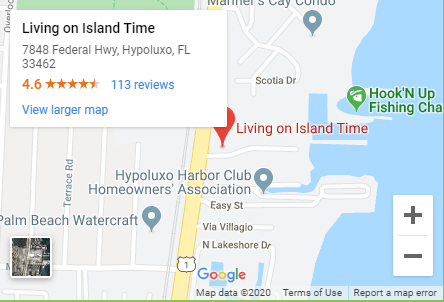Sea Sickness
What happens if I get Sea Sickness?
Seasickness happens when the body, inner ear, and eyes all send different signals to the brain, resulting in confusion and queasiness. It is a problem generally attributed to disturbance in the balance system of the inner ear system. The movement of a boat on a fluid sea creates stress in the portions of the brain responsible for balance. The brain is being told by the vision system that the world is stable, while the inner ear is screaming that it's not. The good news for sufferers is that the condition often disappears the minute you get back on dry land.
As your brain learns to compensate for the swaying and pitching of the boat you will get your “sea legs”. Sometimes after a prolonged period at sea it may take a while for you to adjust to being on land again and a bit of a swaying motion might stick with you for a few hours.
90% of all people will have suffered from motion sickness at some point in their lives.
Almost anyone who has normal inner ear balance function can suffer motion sickness - even sailors. Sleepiness can often be the first sign and some people who think they don't get seasick actually do without realizing it. People who love to take a nap the moment they get out onto the water are probably feeling the effects of mild motion sickness.
After sleepiness comes the nausea but it is often mild and may not be much of a problem. For many unfortunate souls the symptoms escalate to extreme nausea, vomiting, dizziness, headache, and a cold sweat. If you have a problem with motion sickness in automobiles and airplanes, you may be more prone to seasickness.
Don’t be embarrassed, this is common and you are not alone!
There are three seasickness triggers guaranteed to cause suffers uncomfortable symptoms. These triggers should be avoided whenever possible during the initial boarding and the first few hours at sea.
*Going below deck for extended periods of time can trigger sea sickness. Try to stay above deck. If you must be in the below cabin, at least try to find a window or porthole and keep your eyes gazing at but not fixed on the horizon.
*Looking through binoculars for an extended period of time can cause sea sickness.
*Reading a book, magazine or doing detailed work while staring at one point. Try to keep your peripheral vision out on the horizon and not staring at objects your brain will interpret as stable.
With seasickness, prevention is the eye of the beholder.
There’s not one single preventative measure but neither is there any instant cure. We do not endorse or suggest any particular product or remedy but you may find that one or more of the following will help to minimize the impact of seasickness.
- Dramamine, Dramamine II (the less-drowsy formula), Bonine, and Triptone
- Scopolamine Patch (must be prescribed by your doctor)
- Ginger Lozenges or Ginger Gum
- Sip Ginger Ale • Sea Bands
- MotionEaze Herbal Oil (you rub this behind your ears)
All remedies must be taken before setting sail. Medication can be obtained from pharmacies which help most people by sedating the balancing organs. These can cause drowsiness and instructions for their use should be read carefully and they should be taken with care. Ask your pharmacist for advice if you are not sure. Seasickness is not fun and you never know when it might hit you. Just remember that it is one of those things that can be conquered with an ounce of prevention and is certainly worth a pound of cure!
Contact Us
Living On Island Time
For Driving Directions in Google Maps:
The Palm Beach Yacht Center
7848 S. Federal Highway
Hypoluxo, Florida 33462
Call : (561) 585-4473
All Major Credit Cards Accepted
With a 3.5% Processing Fee
Information


